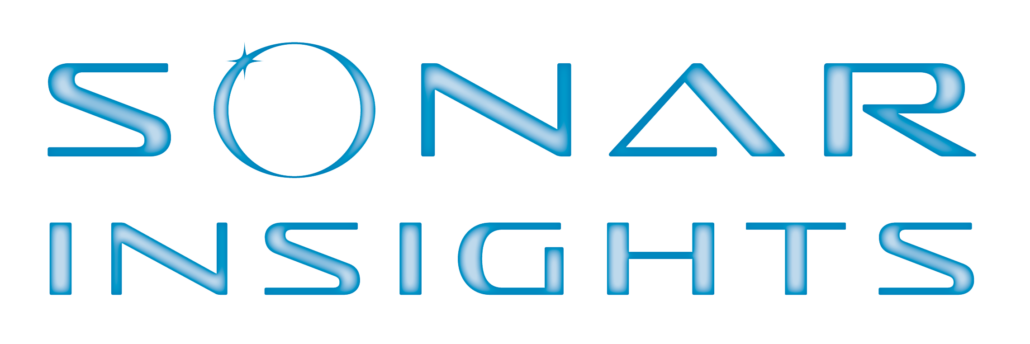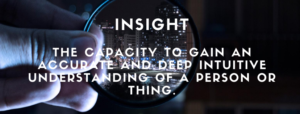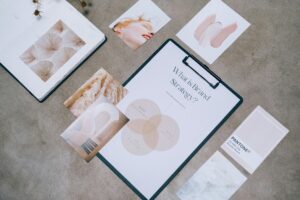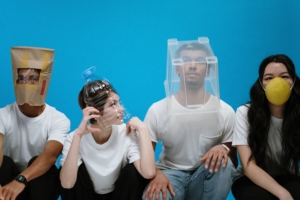 Forget the water you’re drinking, or even the plastic bottles it comes in. The next big concern you’ll hear in the media is about the indoor air that you breathe. Over the next few months, expect to see a surge in consumers concerned about what’s lurking in their lungs. Their biggest desire: to protect themselves from COVID-19 and other, future viruses.
Forget the water you’re drinking, or even the plastic bottles it comes in. The next big concern you’ll hear in the media is about the indoor air that you breathe. Over the next few months, expect to see a surge in consumers concerned about what’s lurking in their lungs. Their biggest desire: to protect themselves from COVID-19 and other, future viruses.
Why should we take notice?
Let’s review a recent history lesson. Five years ago Flint, Michigan found out they had contaminated water. The result was a slow poisoning of their citizens. Soon other cities began to scrutinize their water systems. Consumers began purchasing water filtration systems and bottled water, and sales grew across the country. Six years later, bottled water is the number one beverage sold in the country. In fact, it surpassed soda and juice sales for the first time ever in 2017. Many see this meteoric rise in water sales as a desire for healthier beverages. But one cannot ignore that concern in public water systems may have added to climbing sales.
Now, with the threat of COVID-19 in our midst, we see another wave of concern much like we saw in Flint, only on a global scale. Here are the things we see as long-term effects that will make indoor air the new water in post-COVID-19 life.
Enhanced Commercial Indoor Air Filtration Systems
Infection can occur through something that we can’t see or touch. This will make many people even more paranoid of the air around them. But businesses need foot traffic to achieve the sales shareholders desire. Expect commercial HVAC companies to talk about refined indoor air purification systems within buildings. Their value is wooing consumers back into businesses where they can feel they’re not at risk. The other side of commercial is getting workers back to the office where they can be safe and productive. A promise of better air will make both areas seem less dangerous.
Marketing for Indoor Air Quality
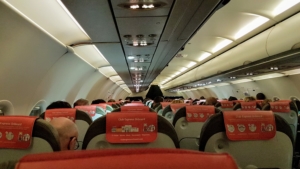 We’ve been told that the air in casinos is conditioned to keep you inside longer. However, it’s never been used as a selling point for consumers. Expect that to change as marketing departments utilize “cleaner air” as a selling point across industries. An airplane’s air is HEPA filtered, but communicating this to consumers will be the standard in the future. As air filtration systems are installed in businesses and venues, this will become a way to attract consumers for the short term. Forward thinking companies will use it as a competitive advantage in their long- term strategy.
We’ve been told that the air in casinos is conditioned to keep you inside longer. However, it’s never been used as a selling point for consumers. Expect that to change as marketing departments utilize “cleaner air” as a selling point across industries. An airplane’s air is HEPA filtered, but communicating this to consumers will be the standard in the future. As air filtration systems are installed in businesses and venues, this will become a way to attract consumers for the short term. Forward thinking companies will use it as a competitive advantage in their long- term strategy.
Shaming and Ostracizing
Do you remember when you used to go to work because you couldn’t afford to stay home, even if you were sick? Those days are gone. No one will want to be in the same space as these individuals, no matter how they are protecting themselves. Companies will need any workers exhibiting symptoms to stay home. Those that don’t can expect their co-workers to shun them. This will happen in public as well, with a healthy dose of public and social media shaming.
Filtration Masks
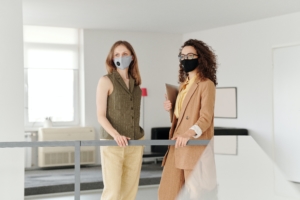 Commercial filtration systems and sick people staying home won’t completely solve the problem. Many companies have already shifted some manufacturing to making filtration masks and shields. With the shortages around the world, mask-making has also shifted to home. But new research shows that cloth masks do not prevent dissemination of COVID-19. Even so, expect to see more masks and shields of all types and shapes in public. With the market need, many more companies will continue manufacturing masks and shields. We will also see clothing designers adapting some of their fashions to include masks.
Commercial filtration systems and sick people staying home won’t completely solve the problem. Many companies have already shifted some manufacturing to making filtration masks and shields. With the shortages around the world, mask-making has also shifted to home. But new research shows that cloth masks do not prevent dissemination of COVID-19. Even so, expect to see more masks and shields of all types and shapes in public. With the market need, many more companies will continue manufacturing masks and shields. We will also see clothing designers adapting some of their fashions to include masks.
Personal Air Supplies
If you can’t trust the air around you, bring your own. That may be what people do as they venture outside of the house again. We could see this with people packing their own personal oxygen tanks with filtered air. Or it may come about with personal air filtration devices that clean the indoor air you breathe. Some companies are already marketing these devices to consumers in our post-COVID-19 world. We are likely to see more innovative ways to have your own personal air in the months to come.
More Private, Public Spaces
As governors open up access to venues across the US, they are asking for reduced (50%) occupancy. Businesses want maximum occupancy for better profitability. A possible bridge to reduce air exposure but increase customers is private spaces. This could be akin to booths in restaurants or cubicles in the workplace. By sectioning off areas for small groups, it can create a safer space for consumers. Expect larger venues to play with this idea, even if only temporarily.
Home Air Filtration Systems
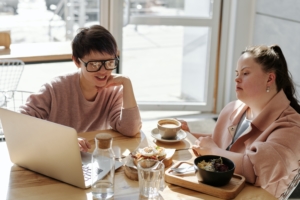 Minimization to exposure is the key, no matter where you are. This includes at home, and consumers will be looking to make their abodes safer. These systems already exist, but were only used by a fraction of the population. Expect this to change with renewed interest by a greater segment of the population. Many residential HVAC companies will begin selling and installing accessories for air purification. You can also expect sales of air purification systems for consumers at big box stores as well as online.
Minimization to exposure is the key, no matter where you are. This includes at home, and consumers will be looking to make their abodes safer. These systems already exist, but were only used by a fraction of the population. Expect this to change with renewed interest by a greater segment of the population. Many residential HVAC companies will begin selling and installing accessories for air purification. You can also expect sales of air purification systems for consumers at big box stores as well as online.
Air may or may not be the next water. But consumers will be spending more time thinking about it than ever before. Expect this to translate into opportunities and threats for businesses in the future.
